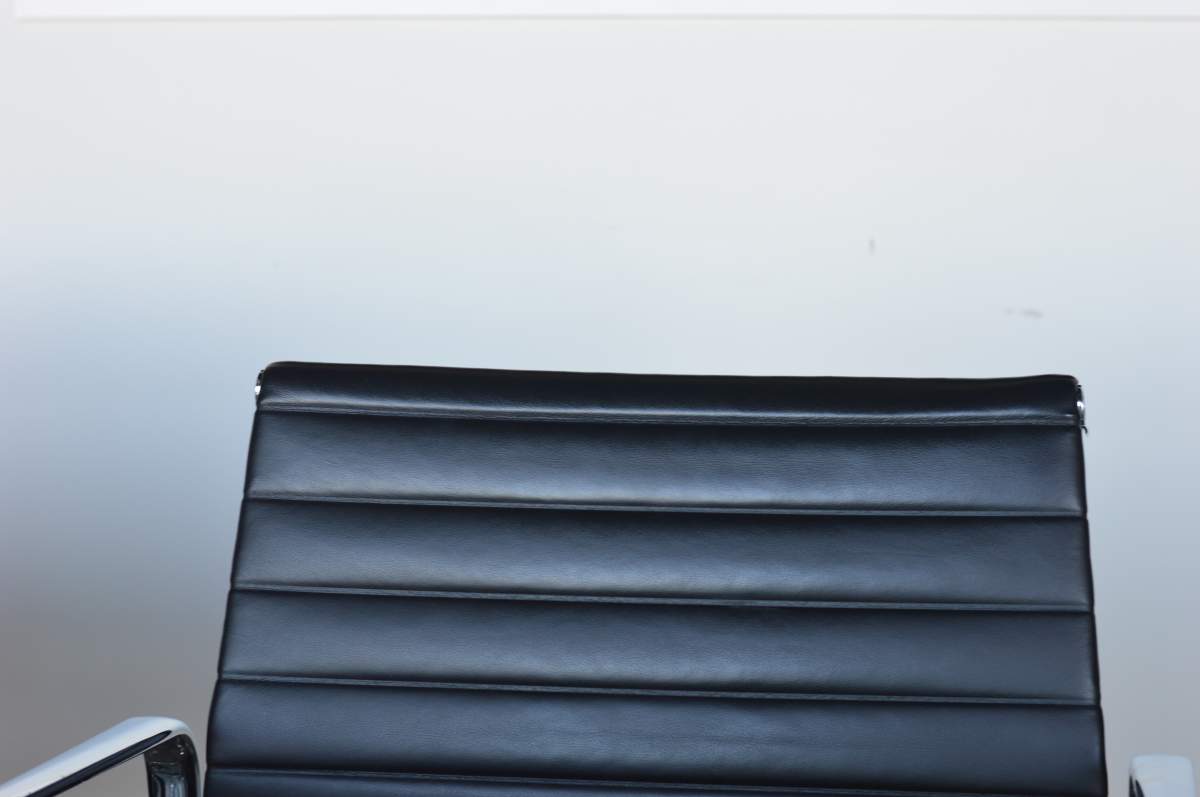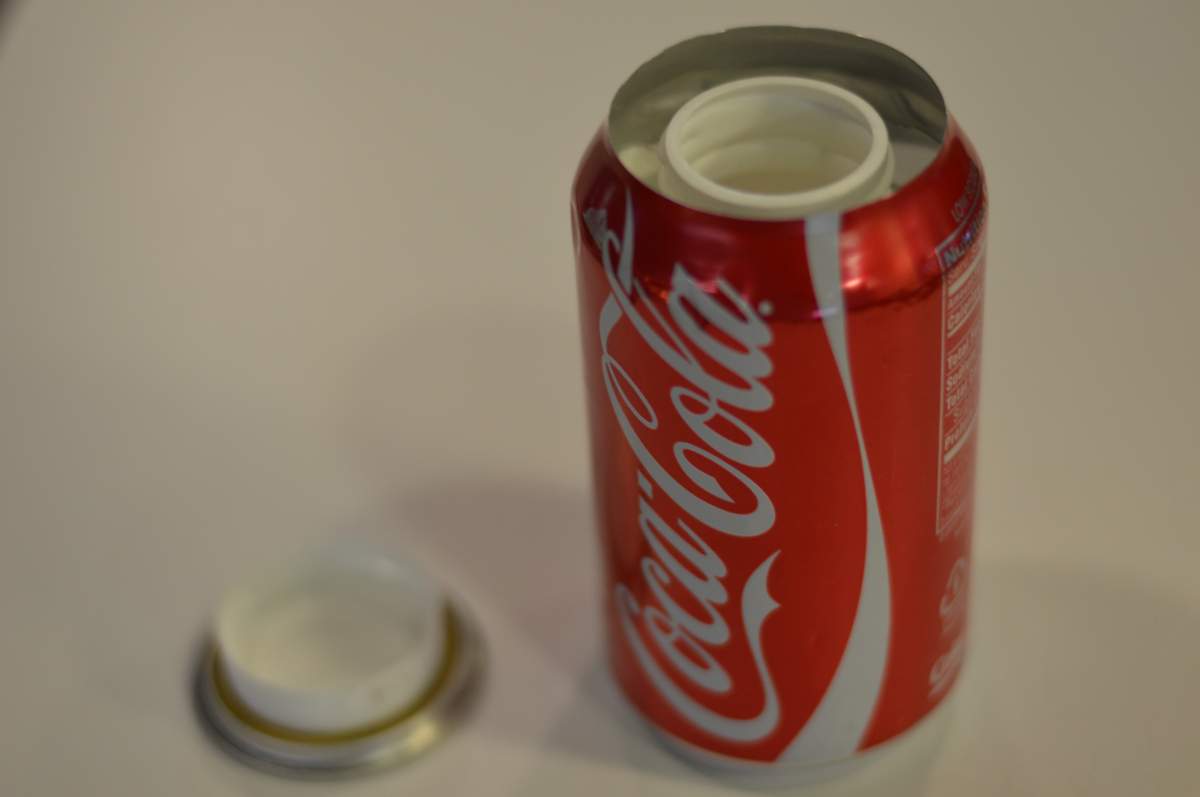Canada’s intelligence service used fake Twitter accounts to monitor ISIS supporters in Canada and abroad, a man who says he was an undercover operative has told Global News.

The Israeli Arab, who lives in Halifax, said creating the accounts was one of the tasks he performed while working for the Canadian Security Intelligence Service, but he now faces deportation on Sunday.
In an interview with Global News, he said fears for his safety if returned to the Middle East and wants the government to halt his removal, citing the work he said he did to keep Canadians safe from terrorism.
“The people I provided info on will stay here, they will get citizenship,” he said. “I will be removed.”
READ MORE: Toronto man who tried to join ISIS released from prison, official says
Speaking on the condition that Global News not reveal his identity, the man provided compelling evidence that he worked for CSIS for several years, helping with cases involving ISIS, Iran and Hezbollah.
Neither CSIS or the office of the Minister of Public Safety Ralph Goodale would comment.
A former CSIS analyst said it was possible the man had been a paid or casual source for the agency’s Halifax office. “It isn’t out of the realm of possibility,” Phil Gurski said.
But Gurski said it was difficult to tell how much of the man’s story was believable and how much might have been embellished because he is desperate to avoid deportation.
With his removal from Canada imminent, the man said he decided to go public. He’s posted a video on Youtube last weekend with his face obscured and his voice altered, pleading with Prime Minister Justin Trudeau and other members of his cabinet to step in.

Get daily National news
He said that if he was deported to Israel he would be outed as a spy and killed. He said he felt abandoned by the government agency he assisted on the condition that they help him gain permanent residency in Canada.
“I wanted to show that I loved this country,” he said. “It was never about the money.”
His lawyer, Lee Cohen, confirmed the man was about to be deported. He said the man’s refugee claim was never judged on its merits and was deemed abandoned because he never received notice of a hearing.
“I cannot yet verify that he was a CSIS operative (because CSIS has not responded to my letters), but he possesses a considerable amount of detailed information that strongly suggests he worked undercover for CSIS,” Cohen said.
He met “regularly with named CSIS officials at coded locations in and around Halifax to receive assignments, report his progress, and filing with CSIS several (too many to list) written reports containing his findings,” he said.
“He was salaried by CSIS for his services, and often reimbursed for his own out-of-pocket expenses executing his assignments in person and on-line.”
The lawyer said he had corresponded last week with Public Safety Minister Ralph Goodale, Minister of Immigration Ahmad Hussen and CSIS, but had not received any responses.
“This fellow is feeling desperate now,” Cohen said. “He did, at the outset of working with CSIS, ask for their assistance to help arrange permanent status in Canada. They didn’t. He is afraid to be sent back to his country of origin and informed me late last week that he is prepared to be public with his situation.”
WATCH: ISIS supporter arrested in B.C. released from custody

After arriving in Toronto in 2008, the man applied for refugee status but he was sporadically homeless at the time and never received notice of his refugee hearing, he said. As a result, his claim was deemed abandoned.
He moved to Halifax a few years later, hoping for better job prospects, but was charged with leaving the scene of an accident. His car hit a bus stop bench, striking a woman who was standing nearby, he said.
It was then that he approached CSIS, offering information about his ex-wife’s Lebanese family, whom he said had close ties to the terrorist group Hezbollah.
Officers from the agency met with him at Halifax hotels and trained him in intelligence techniques. He showed Global News a hollowed-out Coca-Cola can that he said was used to pass sensitive documents to CSIS.
Over the next four years, he would provide CSIS with information, some of it gleaned online. One involved a Saudi student whose brother was fighting in Syria, he said, adding he helped get the man removed from Canada. Another, he said, involved an Iraqi-born Montreal imam.
He said he went camping on several occasions with men who expressed support for ISIS, passing his notes along to CSIS.
The man told Global News he was eventually released by CSIS in 2016 but does not know why. He was told by his handlers to never reveal what work he had done for the organization.
- Latest alleged Iranian regime official found in Canada wants his identity hidden
- Why Canadian beer cans are ‘almost impossible’ as tariffs near 1-year mark
- Jivani’s trip to Washington has some Conservative MPs scratching their heads
- Canada’s new Greenland consulate officially opens with patriotic ceremony
Gurski said sources could be let go because they had become unreliable or had outlived their usefulness.
Roughly a year later, he applied for a pre-removal risk assessment — a process that weighs the chances a deportee could be at risk if sent back to their home country.
He said he did not disclose his involvement with CSIS because he had been told not to. Three months ago, the Canada Border Services Agency told him he was to be removed from Canada on Sept. 8.
Cohen said he has been trying to get the removal order halted so that the man will have a chance to file for a new pre-removal risk assessment.
The man had only one response to his treatment by CSIS.
“It’s all bull—,” he said.










Comments